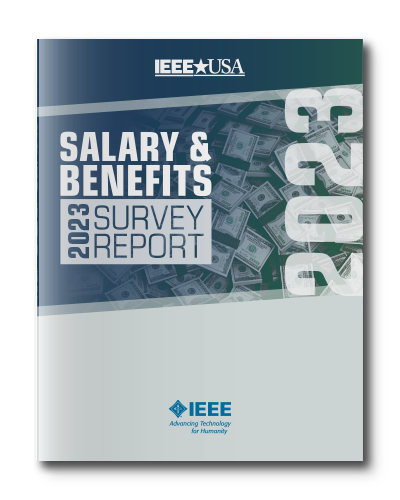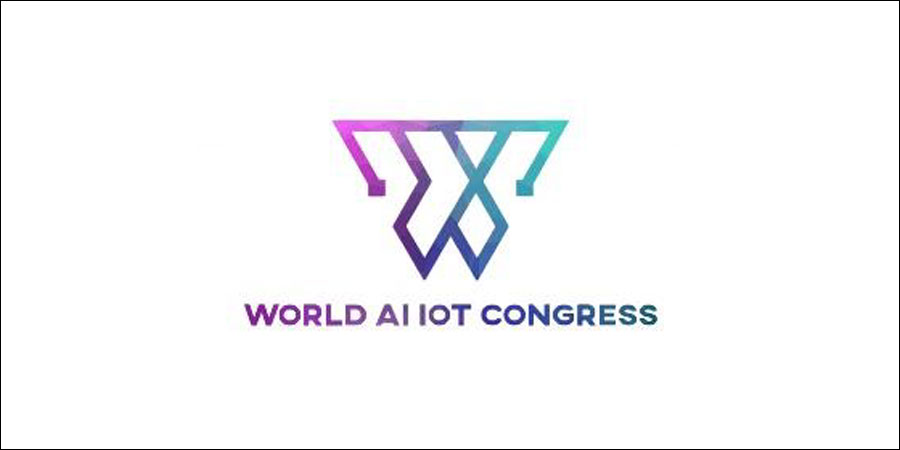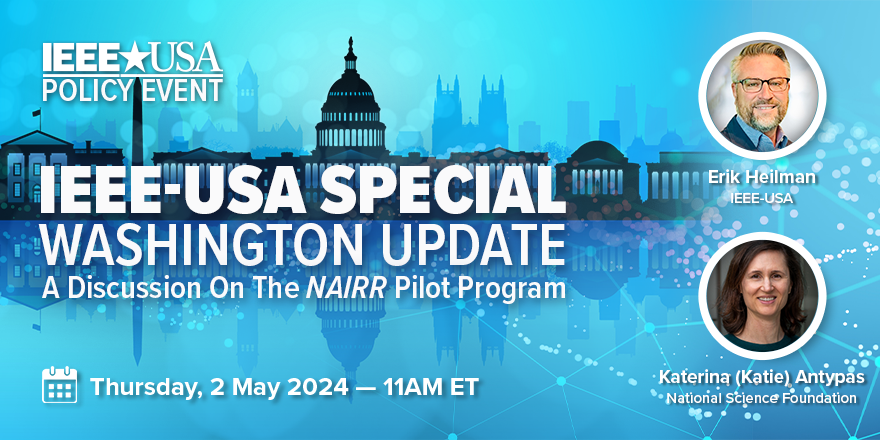Priority Issues – 118th Congress, 1st Session (2023)
Research & Innovation
IEEE-USA will support federal research and development (R&D) appropriations and other innovation-related legislation required to retain U.S. technological leadership; promote economic competitiveness; and create high-value research and engineering jobs in the United States. Priorities include:
- Fully funding the CHIPs and Science Act (Pub. L. 117–167) commitments and the U.S. National Science Foundation Technology, Innovation and Partnerships Directorate;
- Ensuring the U.S. R&D enterprise has state-of-the-art facilities, infrastructure, and administration to support research in both existing and emerging areas of national importance; and
- Urging appropriate changes to the U.S. Export Controls policy, including the deemed export rule.
Artificial Intelligence (AI)
IEEE-USA will support coordinated federal policies that promote safety, privacy, cyber security, and intellectual property protection — as well as to assure the transparency and information necessary to allow the public to make informed decisions about the use of AI. Priorities include:
- Promoting the development of a well-qualified workforce in AI-related fields to support the needs of government, industry and academia;
- Supporting the R&D required to ensure U.S. leadership and continued competitiveness in AI;
- Providing effective AI federal regulation and guidance to ensure public well-being, while fostering a robust AI industry;
- Encourage the responsible adoption of AI to increase government efficiency, with appropriate accountability mechanisms;
- Ensuring the use of standards related to privacy and ethics in the use and implementation of AI;
- Ensuring that disparate impacts of AI, such as the risks of bias and privacy infringement, are mitigated;
- Facilitating stakeholder (public, government representatives, private sector, academia, and nonprofits) understanding of AI rewards and risks: what is possible, what is planned, and what is hype; and
- Encouraging public availability of appropriate anonymized data from large commercial platforms.
Entrepreneurs
IEEE-USA will promote and preserve entrepreneurial and small-business technology developers by focusing on small business legislation, standards and regulation fairness; and developing access and awareness to resources for small- and medium-technology enterprises. Priorities include:
- Expanding small- and medium-sized technology businesses;
- Advocating for government policy to support small- business technology development;
- Supporting robust and well managed SBIR/STTR programs; and
- Improving membership access to small-technology business resources through collaboration with IEEE and external organizations.
Energy
IEEE-USA will support proactive energy policies designed to serve energy users’ needs in an economically and environmentally sound manner, while protecting U.S. national security. Priorities include:
- Promoting economic electricity generation, transmission and utilization, by assuring reliable and cost-effective electricity supply to maintain U.S. competitiveness, and grow the economy;
- Developing a reliable and intelligent grid infrastructure, by improving facilities and developing new technologies needed to increase grid resilience as well as deliver reliable electrical energy;
- Improving critical energy infrastructure security, by mitigating risks and managing energy system resilience in the national interest, through implementing tamper-resistant and resilient technologies to direct physical or cyberattacks;
- Promoting responsible environmental stewardship, to preserve America’s resources and increase the use of environmentally benign and sustainable energy supplies for future generations;
- Diversifying energy sources in the transportation sector, to increase transportation system, improve its energy efficiency, and reduce emissions;
- Reducing institutional barriers to engineering solutions that involve technologies required to operate across jurisdictional and information architectural boundaries; and
- Preparing a skilled engineering and trade workforce that has the necessary knowledge and skills to design, plan, construct, operate and maintain modern energy delivery systems.
Immigration
IEEE-USA will support public policies to ensure greater equity in recruiting, utilizing, and compensating U.S.- and foreign-born high-tech workers. Priorities include:
- Increasing the availability of permanent, employment-based (EB) visas;
- Streamlining the STEM-related immigrant admissions process;
- Facilitating the transition of foreign nationals with advanced U.S. degrees in STEM fields to Legal Permanent Resident (Green Card) status;
- Reforming the H-1B and L temporary work visa programs; and
- Expediting short-term visitor visa processing.
Intellectual Property
The U.S. economy and American job growth and competitiveness depend on effective and balanced protections for intellectual property. IEEE-USA supports intellectual property reforms that promote the balance established in our constitution, and equitably serve the entire cross-section of U.S. IEEE membership — including start-up companies, individual inventors, university and national laboratory researchers and corporations. Priorities include:
- Ensuring intellectual property laws and regulations support entrepreneurial efforts to develop and commercialize, and license inventions and innovations;
- Clarifying and advocating for inclusive copyright-eligible and patent-eligible subject matter in computer software, business method, and diagnostic methods;
- Promoting protection of exclusive rights alternative to patents and copyrights, including design rights and data exclusivity; and
- Encouraging U.S. Patent & Trademark Office (USPTO) operations that enhance patent examination quality and reduce pendency, to protect the rights of inventors and the public.
Engineering Workforce
IEEE-USA will support public policy initiatives to foster engineering workforce continuing education and retraining; improve access to affordable health insurance for individuals and small businesses; and preserve tax-favored opportunities to save for retirement. Priorities include:
- Proposing new continuing education incentives for technology professionals, at all levels;
- Supporting tax and other incentives to retrain engineers and displaced, skilled high-tech workers;
- Enacting legislation to enable business associations and professional societies to offer affordable national health insurance plans for members and their families;
- Supporting changes in federal health insurance and employer-based health benefits tax treatment; and
- Promoting improvements in K-12, vocation, and higher education, to enable and encourage STEM career choices.
5G, Internet, Communications & Other Networks
IEEE-USA will support public policy initiatives that promote nationwide affordable access to, high-speed broadband data services–to facilitate new and demanding internet applications use. Such access will improve educational opportunity, stimulate innovation, spur economic activity, increase national security, and contribute to increased productivity for the nation. Priorities include:
- Protecting personal privacy for all users in the face of growing digital data collection;
- Ensuring access to universal and affordable high-speed broadband networks;
- Fostering competition in facilities, services and content;
- Fostering innovation, new applications and new internet uses; and
- Promoting education and legislation fostering cybersecurity for users, enterprises, and national infrastructure.
Transportation and Aerospace
IEEE-USA will work to advance the safety, efficiency, security and sustainability of surface, air, and space transportation, with a view toward promoting U.S. technology leadership and competitiveness. Priorities include:
- Upgrading and modernizing the national airspace system — with communications, navigation, surveillance and air traffic management automation technology;
- Promoting intelligent transportation systems use, to improve transportation safety; and to optimize traffic flow to ease congestion, and to reduce greenhouse gas emissions energy use and infrastructure requirements;
- Advancing a technology-focused national space program that balances exploration, science, national security and international partnerships;
- Advocating controls, safeguards, and standards development, to establish cybersecurity and safety in all transportation systems, and improve port and aviation security; and
- Advancing UAV commercialization through technology policies that address autonomous control system safety, security, and efficacy.
Other Issues of Concern
This list of priorities is subject to change as national and global affairs evolve. In addition to the issues listed above, IEEE-USA may contribute to other public policy issues of concern to the IEEE membership, when they arise. IEEE-USA also works with other IEEE organizational units to support their government relations needs in areas such as standards and publications; and it works in coalition with external organizations on issues involving shared interests. IEEE-USA provides competitively selected Government Fellows to Congress, the State Department and USAID to provide expert engineering, science, and technology advice.
Feedback Welcome
Do not hesitate to contact us and express your views about legislative or regulatory actions, in either your home state legislature, or Congress. Please let IEEE-USA know if opportunities arise that will affect positive changes for the U.S. engineering community, as well as the industries that rely on engineers. If you have questions about these issues, please contact Erica Wissolik at e.wissolik@ieee.org.
Staff Contact
Program Manager, Government Activities
e.wissolik@ieee.org
+1 202 530 8347









